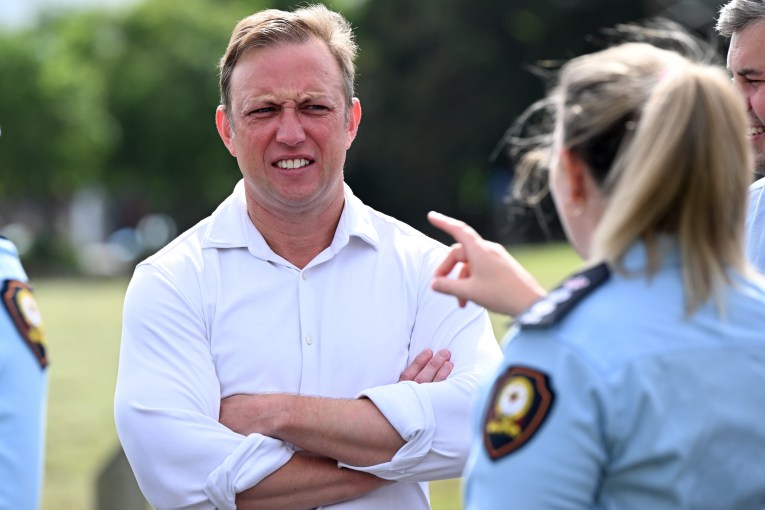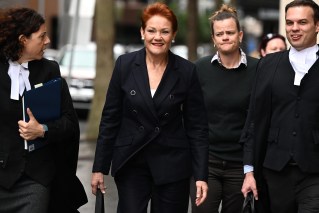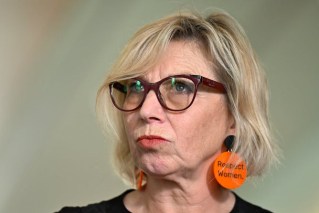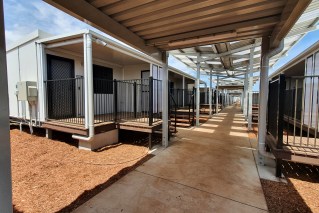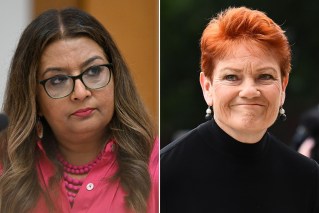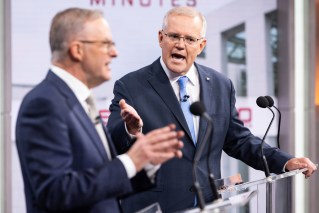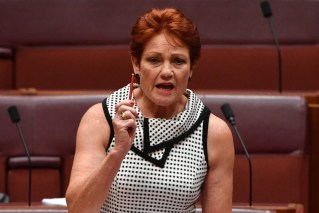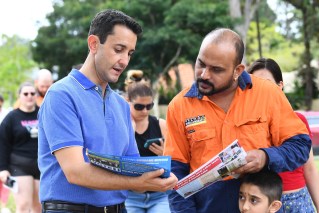Integrity review shifts focus to examining public service ‘culture’
The man heading up the integrity review into Queensland’s public service has made it clear he wants to examine how the culture, values and beliefs of the sector is influencing the government’s operations.


Peter Coaldrake. (Photo: UQP)
In a move that may cause discomfort in some senior levels of government, Professor Peter Coaldrake has urged senior bureaucrats and others to give him their insights into the sector’s culture.
After a storm of criticism centred on her government’s performance on integrity and transparency, Premier Annastacia Palaszczuk appointed Prof Coaldrake to review the culture and accountability of the state’s public service.
However, in a statement issued on Thursday, he said the sectors culture and how it influenced government was an “important part” of his work.
“To date, most submissions have focused on issues relating to individual accountability bodies and the overlaps and underlaps amongst them,” Coaldrake said.
“The Review is particularly interested to receive submissions from members of the community or public sector employees which relate to their own experience of the workings and culture of the public sector.“
He has also extended the deadline for submissions to April 4, saying he wanted to “encourage strong community participation in the process”.
Coaldrake’s move to clarify what his review was about came as Palaszczuk defended one of her Cabinet ministers over a meeting he had with one of the premier’s former staffers turned lobbyist, Denise Spinks.
Palaszczuk said Energy Minister Mick de Brenni met Ms Spinks, her former deputy chief of staff, who resigned in September and had taken up a role with lobbying firm Anacta, on February 16.
Government-owned renewable energy firm CleanCo last month awarded Anacta a contract to provide training and advice on government and stakeholder engagement without undergoing a tender process.
Under government policy, political staffers cannot hold business meetings with state representatives on matters related to their former roles for 18 months after they depart.
Coaldrake, a former vice-chancellor of Queensland University of Technology who headed up the Goss government’s Public Sector Management Commission, is one of Australia’s foremost authorities on the performance of the bureaucracy.
He is expected to produce an interim report on his review by April 22, with a final report due in June.
Palaszczuk said she has been advised de Brenni’s meeting with Spinks “was not a business meeting”, telling journalists to put questions to the minister if they wanted more detail.
When asked if she thought it was appropriate for lobbyists to donate to the Labor Party, she said a parliamentary committee was probing former bureaucrat Kevin Yearbury’s recommendations to reform integrity.
“There were recommendations around lobbyists, and you know if we want to, if we need to tighten our rules, we will do so,” the premier told reporters on Thursday.
“There is a blurring at the moment of people who are either … working for in-house legal firms, for people who are (in) government relations.
“And these are issues that will be looked at in the context of that review, and the committee. The committee is looking at that at the moment and we, (the) government, looks forward to receiving that report.”
When asked if she had concerns about the current lobbying and integrity rules not being clear enough, Ms Palaszczuk said Queensland had the strongest laws in the country, and that she was prepared to “enhance those laws” if the committee recommended it.
Liberal National Party leader David Crisafulli said a $75,000 contract for a government-owned firm to get advice form a known Labor lobbying firm on how to deal with the government was “pretty good deal if you can get it”.
“So $75,000 – $40,000 goes to the Labor lobbyists, $35,000 goes to the Labor Party, and the only person who loses is the Queensland taxpayer,” he told reporters.
“Which is what happens when governments give up on integrity over and over and over again.”
Mr Crisafulli accused the government of using Anacta to “quite frankly wash money” for Labor.
When asked if he was alleging money laundering, he said, “Well, it smells”.
Anacta director David Nelson rejected the allegations, saying his company had complied will all donations and lobbyist laws.
“Mr Crisafulli’s comments today are defamatory and political muckraking at its absolute worst,” he told AAP.
“If the LNP had any shred of evidence of wrongdoing on our behalf they would’ve referred it to the ECQ, but they haven’t.
“We already wrote to the ECQ to look into the LNP’s cooked claims and they found no issues with our donations.”
When asked if he would refer de Brenni and Anacta to the ECQ, Crisafulli said he would “reflect on it”.
However, the LNP leader insisted the only way to deal with issues was a commission of inquiry into state government integrity.
Palaszczuk has been facing a string of integrity questions this year, mostly related to Integrity Commission Nikola Stepanov, who will finish in her role in July.
The Crime and Corruption Commission is investigating a series of complaints made by Dr Stepanov about senior public servants.
Her most serious claim is that Public Service Commission staff seized a laptop from her office and wiped it in March 2021 without her knowledge or permission.
-with AAP
